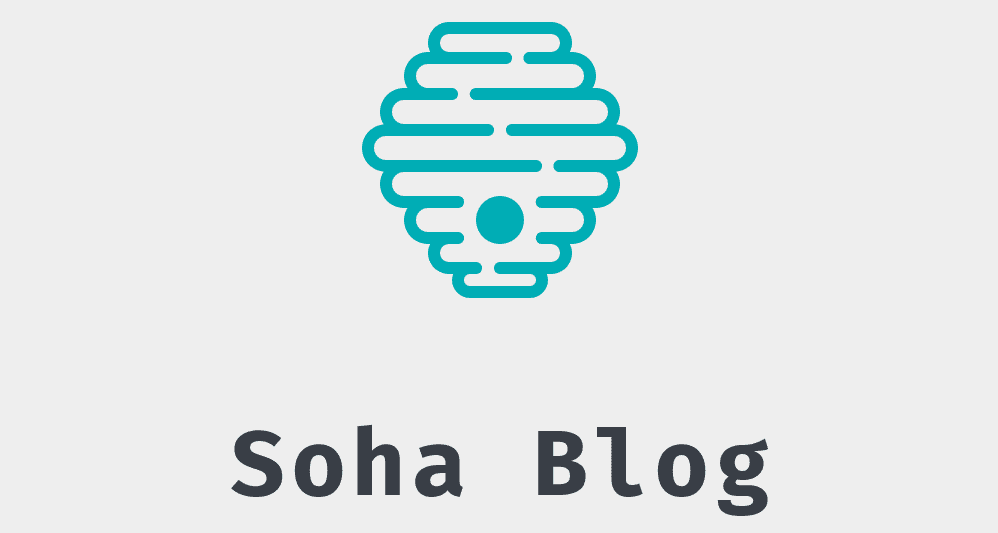According to the National Health and Nutrition Examination Survey (NHANES), more than 42% of adults were obese as of 2018. The same data shows that nearly 1 in 5 children are also obese.
These numbers are increasing rapidly. A comprehensive approach to the management of these diseases is essential if any improvements are to be made to effectively manage these drug-resistant conditions.
One aspect of weight management is the timing of your meals. You can find scientists who will tell you that “a calorie is a calorie is a calorie”. They emphasize that whether you eat your last meal or snack of the day at 4pm or at 10pm, the impact of total energy (calorie) intake (TEI) on your body is the same. However, recent studies support the opposite, finding that the timing of eating significantly affects how your body processes TEI. So what time of day is the healthiest to eat dinner? Does it matter if you eat your biggest meal late at night or have a special treat for early risers?
One study found that eating late increases the risk of obesity
“We wanted to examine the clinical chronobiology program,” senior researcher Frank Scheer, Ph.D., director of the Medical Chronobiology Program in the Brigham Division of Sleep and Circadian Disorders, said in a 2022 media release. Investigate the mechanisms that explain why eating late increases the risk of obesity. Previous research by us and others has shown that eating late is associated with an increased risk of obesity, increased body fat, and weight loss. We want to understand why.
One study has addressed that important question. A team of researchers at Mass General Brigham health system found that when we eat has a significant impact on calories burned, hunger, and the metabolism of adipose tissue (fat).
In this study, we asked: Does the time we eat matter when everything else is kept regular? according to Scheer’s colleague Nina Vujovic, PhD. We found that Eating four hours later makes a significant difference about how hungry we are, how we burn calories after eating, and how we store fat.
The study followed a protocol that included timed meals, blood samples, and adipose tissue (fat) biopsies. They report that eating late has a profound effect on hunger and the hormones that regulate appetite. Levels of the hormone leptin, linked to feelings of fullness, were consistently lower when participants ate their meals later. They also burn calories at a slower rate and fat tissue forms more easily.
According to Vujovic, these results are consistent with many studies showing that eating late increases the risk of obesity. In addition, the scientists detected changes in various control systems related to energy balance.
This study shows the effects of eating late and eating early. Here, we isolated these effects by controlling for confounding variables such as calorie intake, physical activity, sleep, and light exposure, but in reality, many factors are themselves This factor may be influenced by meal timing, Scheer added. In larger-scale studies, where strict control of all of these factors is not feasible, we must at least consider other behavioral and environmental variables that modify biological pathways What is the potential risk?
A recent study confirmed these findings
This recent study confirms the findings of Scheer and his team. It also takes deeper investigation into the behaviors and social conditions that influence the timing of food intake and how the body processes calories.
Raphiello Jacob, at the School of Nutrition, Laval University in Quebec City, Canada, writes that the distribution of food intake throughout the day is an important synchronizer of the body’s peripheral clock (in addition to the brain). , located in many organs and tissues. Consuming large amounts of calories during the day and night can create time interruption, a state in which the peripheral clock is out of sync with the brain’s clock. Chronostat can affect many of the body’s natural processes.
Researchers used data from 301 individuals, 56% of whom were women, participating in four weight loss studies in this cross-sectional investigation. Total energy intake was assessed using three-day food records, from which the percentage TEI after 5pm and after 8pm was calculated. Eating behavior characteristics and psychosocial factors were assessed using questionnaires.
Researchers report that eating late is associated with TEI and less healthy eating behavior, which may help explain the link between meal timing and obesity.
What is the verdict for eating late at night?
Overeating associated with these eating behaviors may also occur more in the evening due to poor self-control and fatigue. Eating because others are eating, eating while watching TV, and hoping that eating will be more rewarding later in the day contribute to late eating. Additionally, drinking alcohol and having more opportunities to eat alone or at home versus at work or school were associated with eating late. It can also be a consequence of reduced energy intake during the day. A decrease in energy intake earlier in the day can also be a consequence of overeating in the evening. People who eat late also show reduced appetite in the morning.
You may also be interested in:

#time #eat #dinner #Research #shows #earlier
Image Source : studyfinds.org

